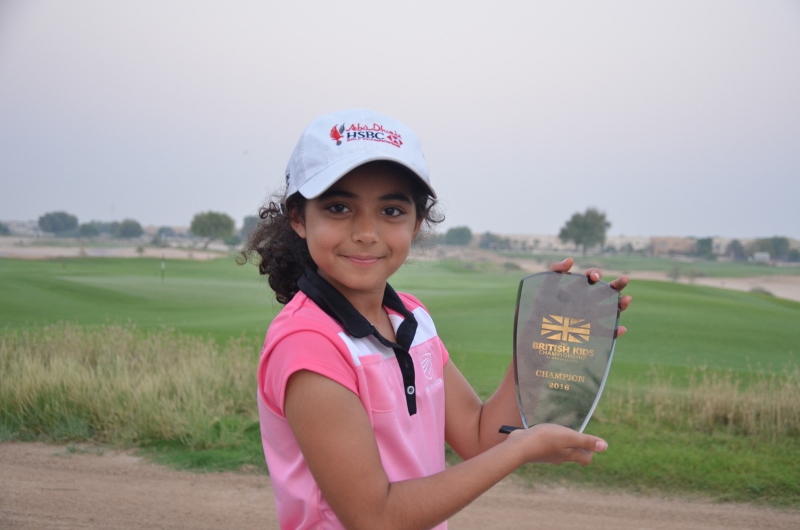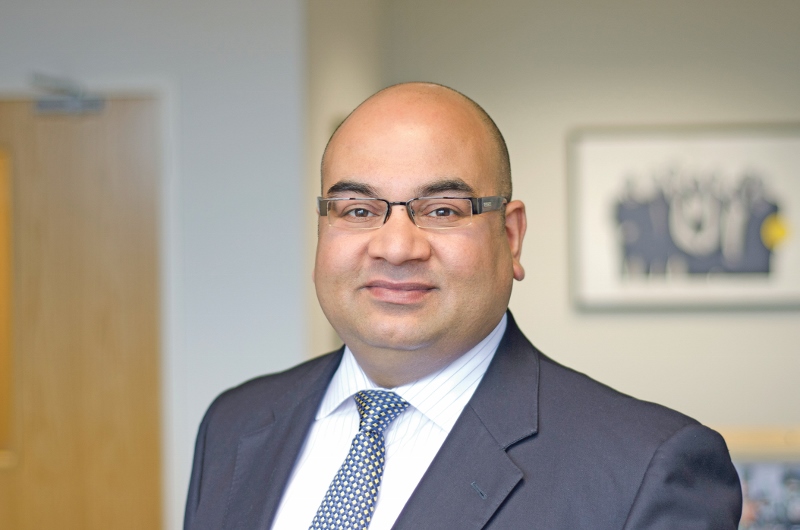
Leeds academic discusses Muslims in the 21st century
As stories of racism, extremism and fundamentalism continue to consume media outlets throughout the country, the concept of growing up in the UK anything but White British can be a daunting one.
Dr Salman Sayyid is a reader in Social Theory at the University of Leeds.
An author of numerous publications, he has looked at the ever-changing landscape for Muslims around the world whilst also examining the emergence of political Islam.
His most recent book, ‘Recalling the Caliphate’, looks at the question of what it means to call yourself a Muslim today, and the impact such a label has on wider society in the UK and internationally.
Speaking of his work, Dr Sayyid said: “I’ve done work on Islamophobia, migration and racism in the past but really, what I’m looking at, is what we do when the world around us changes?.
“There has been a belief, over the last 200 years, that European history and culture was going to be the pattern for the rest of the world.
“Now that that idea no longer holds, and the future isn’t necessarily European, what is going to happen next? Our understanding of so much was locked in those ideas and change is a scary thing for many people.”
Dr Sayyid says minority groups have, in history, been used as scapegoats to distract from a changing world.
In the UK, Muslim news stories are predominantly negative, whilst those who step away from the conventional ‘Western’ way of living can be ostracised.
Unlike many who point the finger at journalists for portraying negative images of Muslims, Dr Sayyid instead argues that the media tends to echo social and cultural prejudices, whilst its current role sees it reinforcing rather than challenging prevailing sentiments.
“When we see stories of extremism, people are too fast to blame the press for over-reporting,” he said.
“It’s not the case that all journalists are particularly pernicious, not that there aren’t people like that in the media, but rather there is a specific unquestioned way of talking about Islam and Muslims.
“If they want a story about Muslims, what kind of grammar do you think will come up in editorial conferences? It will be words and phrases such as ‘arranged marriages’, ‘fundamentalism’, ‘violence’ and ‘terrorism’.”
He continued: “You also have to take into account that the media has fewer resources and less inclination to do investigative journalism, or broaden debate.
“Quite often, instead of covering stories with a degree of scepticism or rigour, they end up repeating press releases and this means we cannot escape from stories of the past.
“This is why the Nadiya Hussain story (BBC’s Great British Bake Off winner) was such a big shock to everybody because it showed that Muslims bake cakes. They don’t go around threatening to blow up people, they make cakes as well.
“The problem we have now is that not everyone has caught up with today’s society and people are determined to stop expressions of ‘Muslimness’,” he added.
“This is a major source of friction and tension and France banning the hijab is a perfect example. What is the point of doing that?”
Last year, Europe’s leading human rights court upheld France’s ban on Islamic headwear after a woman, who was sacked for wearing a hijab, lost her appeal for unlawful dismissal.
“If you go anywhere in the UK, there are many young Muslim women wearing the hijab,” he continued. “To argue that they are oppressed because they are Muslim women, does not resonate with their experience.
“It’s not a straight forward decision to take. If you are going to put a burden on members of society, like the French have here, you have to ensure the reasons behind it are justified. In this case I don’t think they are.”
For the younger followers of Islam, Dr Sayyid agrees that the label of ‘Muslim’ has become more prominent today.
“It’s different now for Muslims growing up,” Dr Sayyid adds. “In many ways Muslims are far more visible and far more self confident than 30 years ago.
“Ever since the Salman Rushdie affair brought Muslims into the public life, the public perception has changed.
“Before, people would go to pray, they would go to the halal stores but they weren’t Muslims in public life.
“In this country, over the last 50 or 60 years, people have basically been divided between, white, black and Asian. The thing with Muslims is that they can fit into every category.
“Muslims today are more visible, more assertive and at some time more vilified. Societies throughout the world are having to learn a new etiquette to deal with this phenomenon.
“So what do we do when the world changes? We learn.”
“Quite often, instead of covering stories with a degree of scepticism or rigour, they end up repeating press releases and this means we cannot escape from stories of the past.
“This is why the Nadiya Hussain story (BBC’s Great British Bake Off winner) was such a big shock to everybody because it showed that Muslims bake cakes. They don’t go around threatening to blow up people, they make cakes as well















